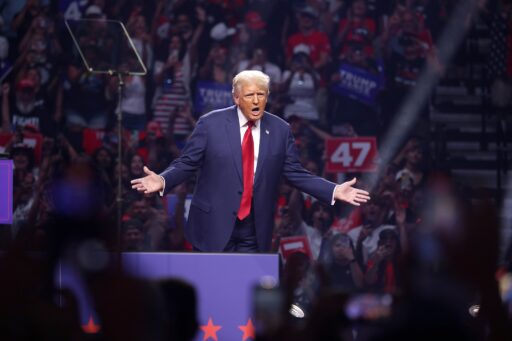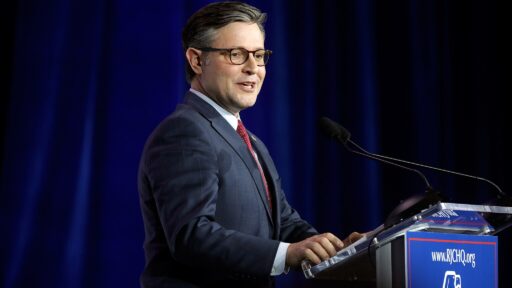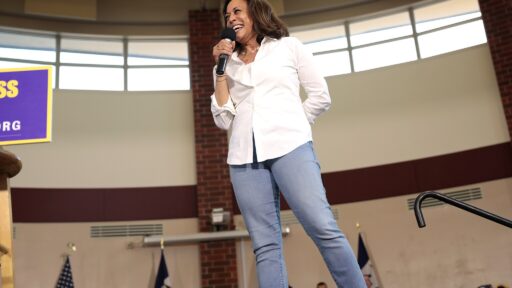Okay now this was funny!
At a recent rally in Pennsylvania, Donald Trump took a jab at Vice President Kamala Harris’s claims about her past job at McDonald’s. Harris has often highlighted her brief stint at a McDonald’s in Alameda, California, during a summer in the early 1980s. Trump, however, expressed skepticism about her story, saying, “Forever now, she has been talking about her experience working at McDonald’s, ‘I’ve worked in McDonald’s, over the french fries, it was hot.’”
In a light-hearted manner, Trump mentioned his plans to visit and apply for a job at McDonald’s soon, saying, “I think I will go to a McDonald’s soon… I wanna know how it is.” This statement underscores his desire to connect with everyday Americans and their experiences.
Harris has made her McDonald’s experience a cornerstone of her narrative, promoting it as a testament to her middle-class roots. In a recent post on X, she described herself as “a daughter of Oakland, California, who was raised by a working mother and had a summer job at McDonald’s.” Her campaign has similarly highlighted her background, emphasizing her understanding of middle-class challenges.
Trump’s response has been direct and assertive. He took to Truth Social, asserting, “Comrade Kamala is lying about working at McDonald’s. SHE HAS NEVER EVER WORKED THERE; they think she’s ‘nuts.’” He even humorously declared that after a quick “exhaustive study,” it was clear she had never held that job.
Amid this back-and-forth, Trump has also been making headlines for more genuine interactions with the public. Recently, he was seen in Kittanning, Pennsylvania, where he bought groceries for a mother and her children, a gesture that resonated with many. As he handed her a $100 bill, he said, “It’s going to go down a little bit… We’re going to do this for you in the White House.” This moment, which spread rapidly on social media, highlights Trump’s approach to connecting with voters on a personal level.
As both candidates strive to resonate with the American public, Trump’s blend of humor and genuine outreach stands in contrast to Harris’s narrative, showcasing different visions of what it means to relate to the working-class experience.







